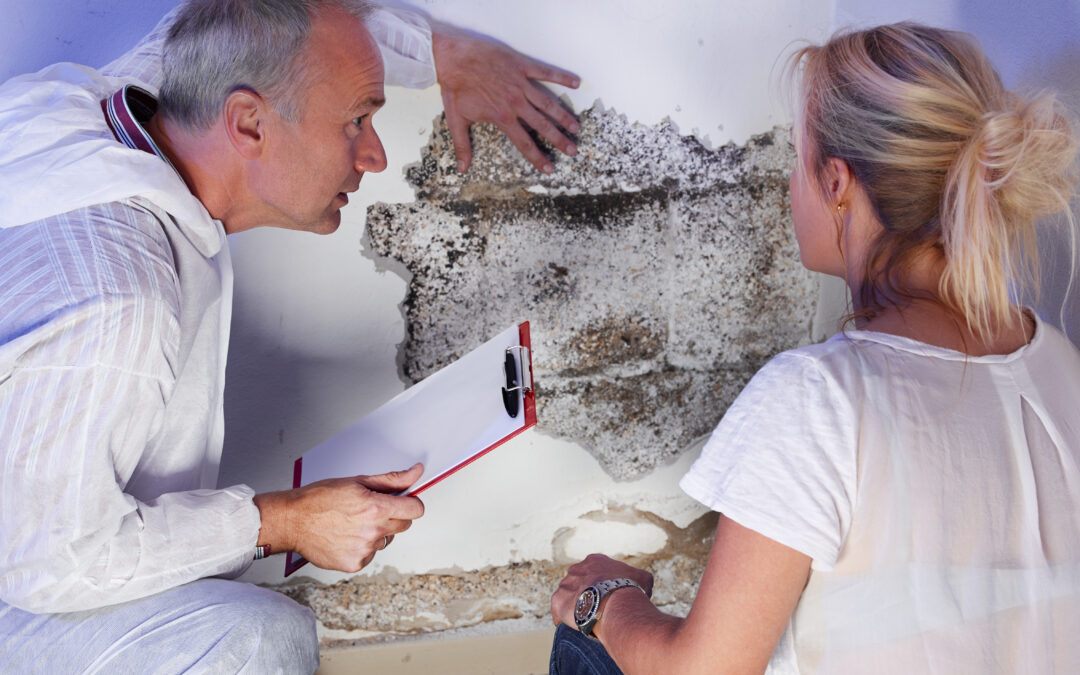Preparing Your Queensland Home for a Successful Pest & Building Inspection
Purchasing a home in Queensland is an exciting journey, but it comes with the crucial step of a home inspection to ensure you’re making a wise investment. Here are some key tips to help you navigate the home inspection process effectively:
- Choose a Qualified Home Inspector:
In Queensland, selecting a certified and experienced home building and pest inspector is vital. Look for inspectors who are members of professional bodies such as the Australian Institute of Building Surveyors (AIBS) or Master Builders Queensland. A reputable inspector will provide a thorough and unbiased evaluation of the property.
- Attend the Inspection:
Being present during the inspection allows you to see first-hand what the inspector observes. It’s an excellent opportunity to ask questions, gain insights about the property, and understand the severity of any issues that arise. This first-hand experience can also help you prioritise repairs or renovations, or to negotiate an acceptable outcome prior to settlement.
- Understand the Scope of the Inspection:
A standard home inspection in Queensland covers various aspects of the property, and may include the foundation, roof, water leaks, termite incursion, and more. However, it does not typically include specialised inspections like for mould, or asbestos. Be clear about what is included in your inspection and consider additional inspections, if necessary, e.g. solar systems, pool leaks, etc.
- Prepare a Checklist:
Before the inspection, consider making a list of specific areas or concerns you want the inspector to focus on. This might include specific rooms, structural components, or systems you’ve noticed issues with. This ensures nothing important is overlooked during the inspection.
- Review the Inspection Report Thoroughly:
After the inspection, the inspector will provide a detailed report outlining their findings. Review this report carefully. Pay attention to the severity of the issues identified and the recommendations provided. It’s crucial to differentiate between minor maintenance tasks and major repairs that could impact your decision.
- Don’t Hesitate to Negotiate:
If significant issues are found, use the inspection report as a negotiation tool. You can request the seller to make necessary repairs, reduce the price, or offer a credit towards closing costs.
- Plan for Future Maintenance:
Even if the home passes inspection with minor issues, use the information to plan for future maintenance & repairs. This proactive approach helps you manage your new home effectively and prevent small problems from becoming major ones.
- Trust Your Instincts:
While the inspection report is crucial, also trust your instincts about the property. If something feels off, or if the inspector’s findings raise red flags, consider whether this is the right home for you. It’s better to walk away now than face unexpected challenges later.
Conclusion:
A home inspection is an essential part of the home buying process in Queensland, providing peace of mind and clarity. By following these tips, you can ensure that you’re making a well-informed decision about your potential new home. Remember, a thorough inspection today can save you from significant headaches and expenses in the future.








